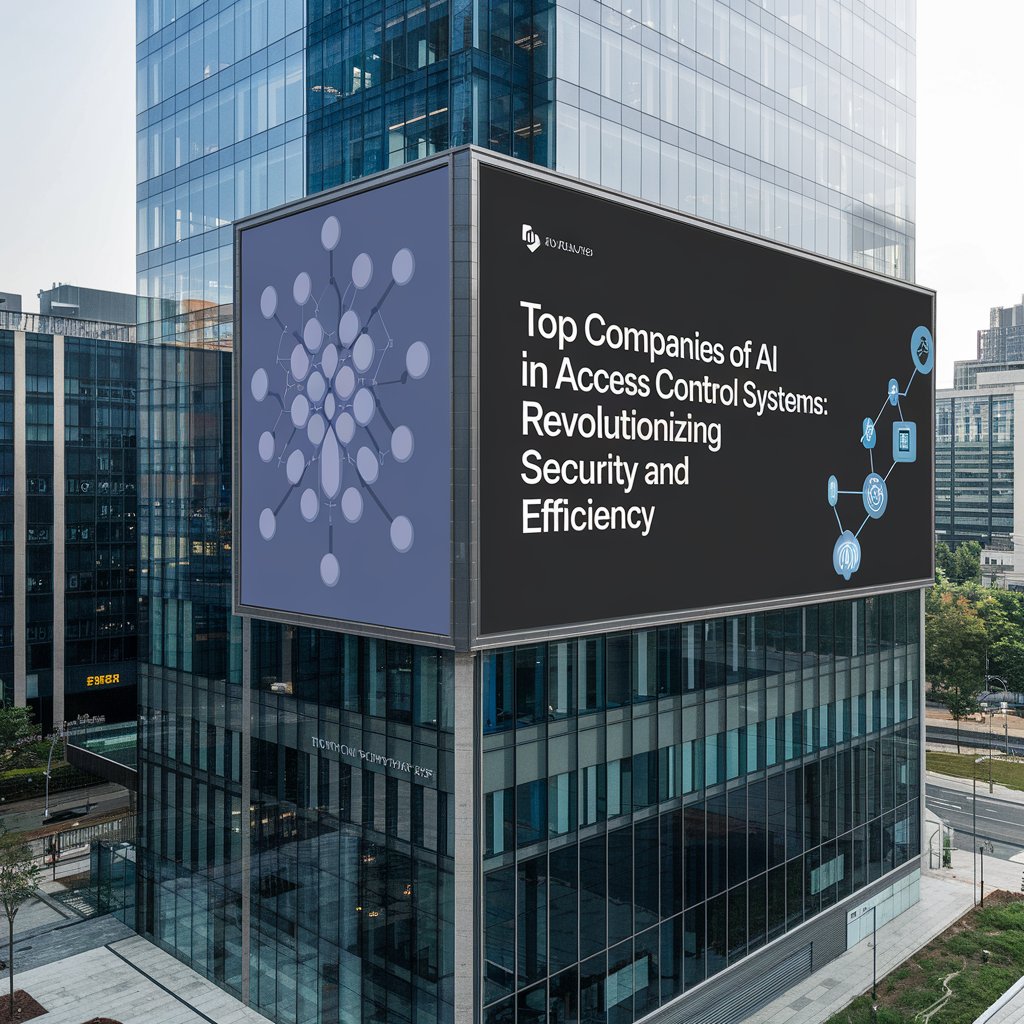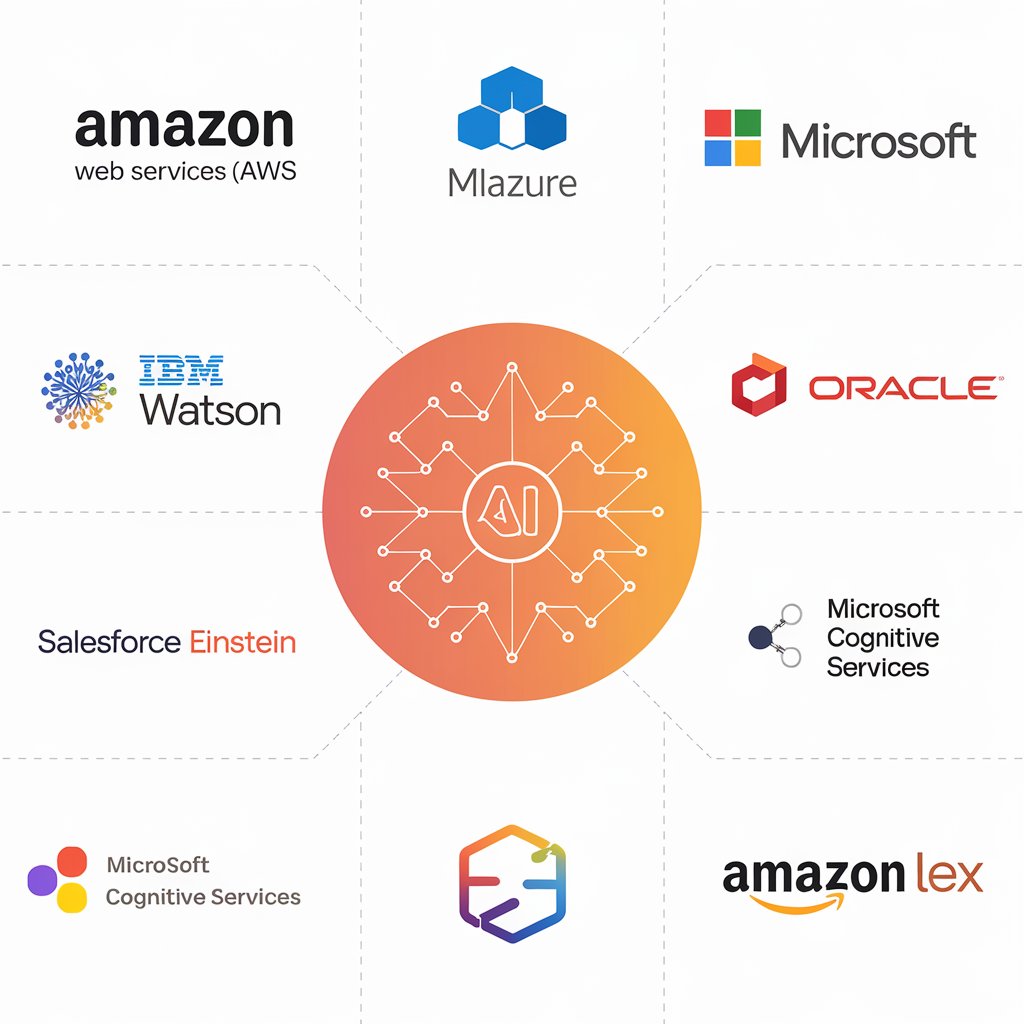The integration of Artificial Intelligence (AI) into access control systems is transforming how organizations secure their premises and manage entry to restricted areas. Traditionally, access control systems relied on mechanisms such as key cards, PINs, and biometric scanners. However, with the rise of AI, these systems are evolving to become smarter, more adaptive, and capable of real-time decision-making, offering enhanced security, greater efficiency, and improved user experiences.
In this article, we explore how AI is revolutionizing access control systems, its key applications, and the benefits it brings to both security and operational efficiency.
AI in Access Control: A New Era of Smart Security

AI in access control is about more than just allowing or denying entry; it leverages technologies like machine learning (ML), computer vision, and natural language processing (NLP) to create intelligent systems that can analyze behavior patterns, adapt to evolving threats, and provide personalized access. With AI, access control systems move from being passive gatekeepers to active security agents capable of learning, adapting, and enhancing security in real-time.
https://www.marketsandmarkets.com/pdfdownloadNew.asp?id=164562182
Key Applications of AI in Access Control Systems
- Facial Recognition and Behavioral Biometrics AI-powered facial recognition is becoming one of the most popular applications in access control. Unlike traditional biometric systems that rely on fingerprint or iris scans, AI-based facial recognition systems use advanced computer vision algorithms to identify individuals based on facial features. These systems are highly accurate and can even recognize individuals in varying lighting conditions or from different angles.Beyond facial recognition, AI also enables behavioral biometrics, where systems monitor how a person walks, types, or swipes their card. This data can be used to authenticate users based on behavioral patterns, adding an extra layer of security and making it difficult for unauthorized users to gain access, even with stolen credentials.
- Predictive Security and Anomaly Detection AI-driven access control systems can analyze vast amounts of data in real-time to identify anomalies and predict potential security threats. Machine learning algorithms continuously learn from user behavior and detect unusual access patterns, such as an individual trying to access a restricted area at odd hours or an unauthorized attempt to enter multiple locations simultaneously.When anomalies are detected, the system can instantly trigger alerts or lock down specific areas, ensuring a proactive response to security breaches. These predictive capabilities are crucial in protecting sensitive information and physical assets in high-security environments like data centers, financial institutions, and government buildings.
- Touchless and Voice-Activated Access In response to the demand for contactless security, AI is enabling the development of touchless access control systems. These systems use facial recognition, voice authentication, and mobile app integrations to allow users to gain entry without the need for physical interaction with keypads, cards, or scanners. With voice-activated systems, AI algorithms analyze the user’s speech patterns and voice biometrics, allowing for secure access through spoken commands.This application is particularly relevant in healthcare facilities and public buildings, where minimizing physical contact is crucial for hygiene and safety, especially post-pandemic.
- Integration with Smart Devices and IoT AI-powered access control systems are increasingly integrated with the Internet of Things (IoT) to enhance automation and convenience. For example, smart access systems can be linked with other IoT devices like security cameras, lighting systems, and alarm systems. AI can automatically lock doors, turn off lights, or alert security personnel if unusual activity is detected, streamlining security management.Additionally, AI can enable context-aware access, where the system uses information from surrounding devices to make more informed access decisions. For example, if a user’s mobile phone is detected in the vicinity, it can trigger automatic door unlocking for that user, offering seamless access without manual input.
Benefits of AI in Access Control Systems

- Enhanced Security AI significantly improves the security of access control systems by providing real-time analysis and intelligent decision-making. It reduces the risk of human error and limits vulnerabilities that could be exploited in traditional systems. AI can quickly detect potential security breaches, identify unauthorized access attempts, and trigger immediate responses.Furthermore, AI-based systems can be updated remotely with the latest security protocols, ensuring they remain resilient against evolving threats such as identity theft, spoofing, and social engineering.
- Faster and More Accurate Authentication AI algorithms can process and verify access credentials more quickly and accurately than manual systems. Whether using facial recognition or behavioral biometrics, AI-based systems reduce the time it takes for users to gain access, ensuring that only authorized individuals are allowed entry without delays or disruptions. This is particularly valuable in high-traffic areas such as corporate offices, educational institutions, and airports.
- Scalability and Flexibility AI-powered access control systems can scale easily with the size and complexity of an organization. Unlike traditional systems that require significant hardware installations, AI-based systems often utilize cloud-based solutions that can be integrated across multiple locations. This flexibility allows organizations to manage access for thousands of employees or visitors in a centralized manner while maintaining consistent security standards across different sites.
- Cost Efficiency AI-driven systems help organizations reduce operational costs over time. Automated access control reduces the need for extensive security personnel, while predictive maintenance and anomaly detection minimize downtime and prevent costly security incidents. Additionally, AI systems can be integrated with existing infrastructure, reducing the need for significant upfront investments in new hardware.
- User Experience and Convenience One of the key advantages of AI in access control is the user-friendly experience it offers. With contactless options, automatic authentication, and personalized access, employees and visitors can enjoy a seamless and hassle-free experience while interacting with the system. AI’s ability to adapt to user behavior also ensures that the system becomes more intuitive over time, improving convenience without sacrificing security.
Future Trends in AI-Driven Access Control
As AI technologies continue to evolve, we can expect several exciting trends to shape the future of access control systems:
- Deep Learning Integration: Deep learning will enable even more sophisticated image and video recognition, allowing access control systems to identify users with higher accuracy, even in complex environments.
- AI-Based Threat Intelligence: AI systems will become capable of analyzing broader security data sets, integrating global threat intelligence to detect emerging security risks and adapting access protocols accordingly.
- AI and Blockchain for Decentralized Security: The integration of AI with blockchain technology may pave the way for decentralized, tamper-proof access control systems, ensuring a higher level of security for sensitive information and restricted areas.
Conclusion
AI is transforming access control systems from static, rule-based mechanisms into intelligent, dynamic security solutions. From enhanced facial recognition to predictive analytics and touchless access, AI brings numerous benefits to modern security infrastructure. As organizations continue to embrace digital transformation, AI-driven access control systems will play a critical role in shaping the future of security, offering a safer, more efficient, and user-friendly experience for businesses and their employees.
Organizations that invest in AI-powered access control solutions today will not only improve their security but also future-proof their operations in an increasingly digital and interconnected world.

